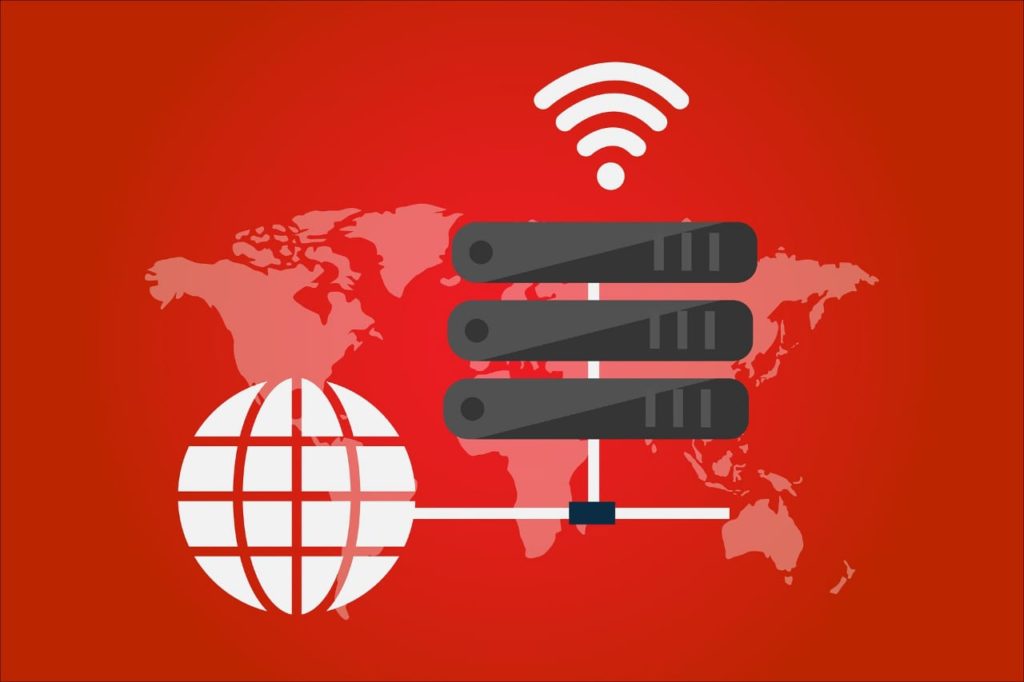What to Look for in a VPN Service
So you’ve heard all the fuss about VPNs (Virtual Private Networks) and you’re finally ready to take the plunge and get one, but now you’re faced with an even harder decision: which one.
Like buying a new car or laptop, it can feel like everyone is suddenly vying for your custom, with each new VPN service promising a more exhaustive network or a stronger encryption method. So before you get started, we’re going to explain what you should look out for in your first VPN and why.
A kill switch
A kill switch is a good sign that a VPN service takes its security seriously, and is one of the best ways to avoid exposing your personal information if your VPN connection happens to drop.
Some VPNs don’t include this technology, and the danger here is you won’t know if you’ve temporarily reverted back to your public IP address and an unencrypted connection while shopping or banking online. If your VPN connection fails without a kill switch, it leaves your data unprotected.
With one, however, your internet connection will cut out the moment you lose contact with your Virtual Private Network. This prevents you from continuing your session and exposing your data to anyone who may be tracking your activity online.
Ease of use
If you’re a VPN virgin then considering the usability of a service before signing up is worthwhile.
There are quite a few VPN services available that require you to know a thing or two about configuring VPN protocols. Therefore, if you struggle to tell the difference between a PPTP and your elbow, it might be a good idea to plump for a VPN service that’s intuitive and user-friendly.
Mainstream VPN providers will generally offer a simple app version that you can install on just about any device, which is much more straightforward than manual configuration.
Versatility
In today’s technology-obsessed world, it’s unlikely that you’ll only use one device to connect to the digisphere. In fact, it’s quite common for many of us to switch between devices to complete different tasks – for example, most people will reserve desktop displays or smart TVs for watching Netflix, whilst keeping their phone handy for tweeting or monitoring Facebook.
If this sounds like you then researching your new VPN is a must. Read the reviews and see what people have to say about using it on different devices, and if the feedback is good then it’s likely you’ve got a top notch VPN on your hands.
Protocols
Learning about protocols and which ones your VPN supports doesn’t sound thrilling, but it’s really useful if you want to make the most of your new tool.
A protocol pertains to the format in which your VPN service encrypts and transmits your data, and different protocols have different results: some encryption techniques speed up your connection but offer minimal protection, while others are almost impossible to hack but as slow as a tank.
It makes sense then to tailor your protocol to what you’re doing online, and researching the protocols that your prospective VPN supports means you’ll know exactly what you can and cannot do to optimise your connection.
Server locations
One of the main reasons for the ubiquity of VPNs is their ability to conceal IP addresses and make it look like you’re connecting to the web from a different part of the world, granting you access to things like international Netflix versions and allowing you to visit websites you couldn’t otherwise.
Getting a good idea of where servers are located on your network is therefore essential. Because if you plan on using your VPN to get around geo-restrictions on media services like Netflix, you’ll need to know there’s a server available in the country that service is for.
It’s also useful to have a range of locations if speed is a concern. Theoretically the more servers a VPN provider has, the fewer the customers using each one at any given time – and the more options there are to try if you find the one you’re using is suffering from lags.
Price
The price of your new VPN is undoubtedly important. After all, the cost of a new VPN service can be the difference between loving it and resenting it.
You may be wondering then if it’s possible to find a VPN service that’s free, and you’d be right – free VPNs do exist. Unfortunately, the trade-off is unlikely to be worth it because you don’t get the same level of security, privacy or service as you do from a paid VPN.
You’ll be surprised just how many VPNs are out there and how affordable they are, so don’t be discouraged if you don’t find a network that’s within budget straight away.
Suitability
Finally, it’s important to find a VPN that suits you as a user. For instance, gamers should focus on finding a VPN that performs well and is super fast, because though they tend to be a bit more expensive, it’s well worth spending the extra money if you want to avoid latency or instability.
Likewise, if you’re a Netflix junkie with a taste for foreign programmes, the main points for you to consider are price and server location, as you needn’t pay over the odds for a VPN that doesn’t include a server in the region you need.
All in all, nothing feels quite like finding a bargain or knowing you’ve found the service that best suits you, so take your time when shopping around for your first VPN and be mindful of the points we’ve mentioned above.






